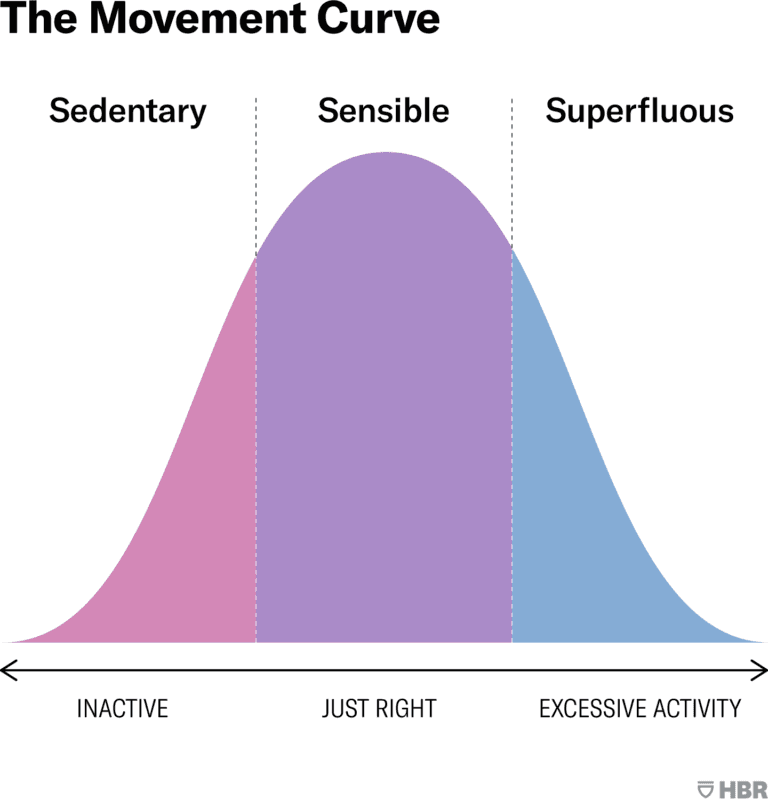“Exercise Guilt” Is Real — But It Shouldn’t Be
Curated from: hbr.org
Ideas, facts & insights covering these topics:
4 ideas
·414 reads
5
Explore the World's Best Ideas
Join today and uncover 100+ curated journeys from 50+ topics. Unlock access to our mobile app with extensive features.
Exercise Guilt: When We Could Not Work Out And Feel Guilty About It
A new term, “exercise guilt,” has cropped up in the past few years to capture the disappointment we feel when our fitness goals go unmet. When we fall short, we get dispirited and are less likely to exercise at all, putting us at risk for a host of destructive physical and psychic effects, which compromise high performance.
Like any unmet goal we set for ourselves, it’s helpful to ask, is this guilt the result of falling short or shooting too long?
12
116 reads
Movement Vs Exercise
Many people have failed to distinguish the difference between “movement” and that dreaded word “exercise.”
“Movement,” is an all-encompassing term that includes both fitness and the general physical activity we participate in day-to-day whereas “exercise” is is planned and structured training.
12
122 reads
Just 10 Minutes
The American Heart Association now advocates for 10 minutes — yes, only 10 minutes — of movement a day. When we break the term down in this way, it becomes clear that most of us may be closer to our goals than we think.
The transition into the post-pandemic world is a perfect time for young professionals — and anyone, really — to rethink their health habits and shed the “exercise guilt” they may be feeling. It’s time to recalibrate our routines to a moderate pace and place.
12
90 reads
The Movement Curve: Don't Be Sedentary
Sedentary: This inactive lifestyle is categorized by too little movement due to excessive physical lethargy. Sedentary comes with health risks like obesity, type II diabetes, and heart disease.
Sensible: The science says that this space is the best place, and it’s not that hard to get here. We don’t have to exercise obsessively to be healthy. Sometimes “sensible” is the best you should do.
Superfluous: As opposed to excessive lethargy, this is excessive activity. Too much exercise can lead to depression, injury, and compromised immunity.
12
86 reads
IDEAS CURATED BY
Isie Mckee's ideas are part of this journey:
Learn more about exerciseandfitness with this collection
How to use storytelling to connect with others
The psychology behind storytelling
How to craft compelling stories
Related collections
Similar ideas
Read & Learn
20x Faster
without
deepstash
with
deepstash
with
deepstash
Personalized microlearning
—
100+ Learning Journeys
—
Access to 200,000+ ideas
—
Access to the mobile app
—
Unlimited idea saving
—
—
Unlimited history
—
—
Unlimited listening to ideas
—
—
Downloading & offline access
—
—
Supercharge your mind with one idea per day
Enter your email and spend 1 minute every day to learn something new.
I agree to receive email updates




